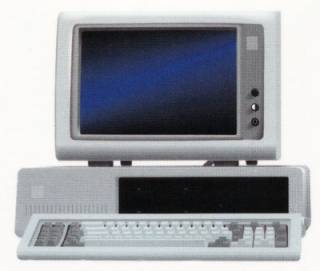First things first: there is no such thing as future proofing due to the inevitable march of progress. Don't worry about building the most future proof box because you will eventually lose that battle. Time is undefeated. That doesn't mean you can't build something that will last, but don't spend too much time worrying about your part becoming obsolete. My last build was 2 years ago and the only thing I've upgraded since is the GPU, which I just did this past week and really didn't have to do; it was a luxury purchase, honestly (went from a perfectly cromulent AMD 7870 XT to a GTX 970). You don't want to skimp or go cheap if it's something you'll regret later, but you also don't want to blow your budget on top of the line everythings in the name of wishful future proofing.
Pick your battles. Unless money truly isn't an object, compromises will have to be made somewhere along the line. Build the best box that you can afford to build while making reasonable accommodations and plans for what you want to do with it going forward. For example: if you plan to buy a second card for SLI down the road, make sure you plan accordingly and buy a PSU, case, and motherboard that can accommodate that.
Newegg is a good place to buy parts. Amazon as well. Both also offer zero % interest financing options if you spend over a certain dollar amount, which you will easily hit if you buy all the parts at once.
For a first time builder: take your time, be patient, and always Google something if you're not sure about what you're doing. Read the manuals that come with your parts. Give yourself a solid day to build it. It likely won't take an entire day, but you don't want to rush the process.
This is a pretty solid, basic resource. A lot of people swear by PCPartPicker, though I've never used it.
Don't waste money on a VR unit. It's almost never worth it to be an early adopter of a new technology unless money is no object. Let them iron out the kinks and bring their costs down first. Besides, the market hasn't really spoken on whether or not VR is a viable consumer product. Game makers won't prioritize development for them unless it becomes one. It might seem cool as shit, but it's still a great unknown. You can always buy one later (one of the best things about building your own PC: it's always upgradeable).
Buy an SSD. It's worth it even if it's only used as a boot drive. Will (slightly) cut down on your loading times if you put games on it too.
I would get a 970 over a 980 if you're playing at 1080p. If you're gaming above that resolution, you can possibly justify the (massive) price difference. Personally, I'm a guy who goes for the best value, not necessarily the best product. And the 970 is the best bang for your buck.
(Moderator edit - redacted section on RAM with incorrect information.)
You'll be fine, it's not that hard. The internet has lots of helpful people that can steer you in the right direction. Don't rush into any purchases/builds. Do your research and prioritize what you want most in relation to what isn't as important to you. Then budget accordingly.
Good luck.

Log in to comment